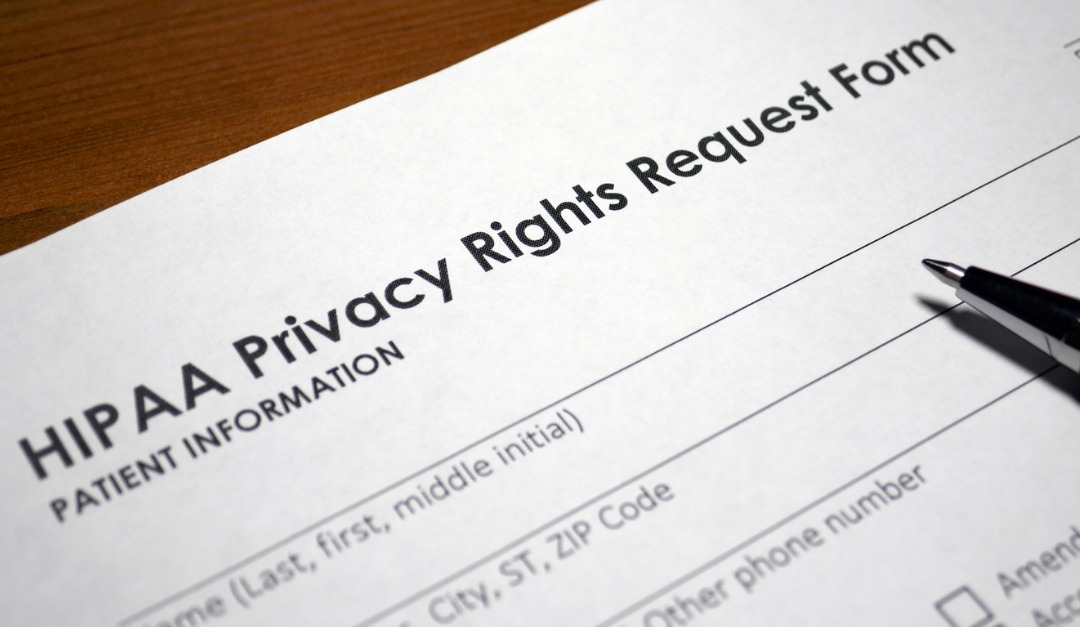When your child turns 18, they’re legally adults—in most states. They can vote, marry, own property and join the military. That means parents will see their parental rights disappear.
Parents can still be involved in their children’s medical and financial affairs, a common need when an 18-year-old leaves home for college and needs help from their parents. Certain documents are needed to access information for an adult, and parents and college students should make sure they have them. Here are four to keep in mind:
HIPAA Authorization Form
If you’ve ever considered the horrible possibility of having to call area hospitals near your child’s college after a tragedy to find your child, you’ll need this form. Without it, hospitals can’t even tell you if your child is there, or what their medical condition is.
The Health Insurance Portability and Accountability Act (HIPPA) is a federal law that protects the privacy of medical records. Adult children must sign a HIPPA authorization form to receive information from health care providers. A child can place restrictions on what information is received.
Medical Power of Attorney
Your child can use this document to designate someone to make medical decisions for them if they’re incapacitated and can’t make these decisions on their own. A primary and secondary agent should be chosen in case the first is unavailable.
Durable Power of Attorney
This form authorizes someone to handle financial or legal matters for an adult. It is usually written so that it takes effect when the person becomes incapacitated. It can also be used for parents to manage financial accounts or file tax returns while the child is away at school.
Family Education Rights and Privacy Act Waiver
Parents can’t legally see a child’s grades in college without their permission from a FERPA form. Even if you’re paying all of your child’s bills, you can’t have access to their academic records without this signed waiver. Parents can then ask the school to correct records they believe are inaccurate or misleading. Colleges should be able to provide this form to students.
Other Issues
The National Law Review recommends updating all of these forms annually. If the power of attorney documents are not updated , banks and hospitals might refuse to honor them because they perceive them to be outdated.
It’s also worth knowing that not all institutions will accept them, which is something you have no control over. Also, your adult child retains control of the ongoing validity of the documents and can revoke them at any time either orally or in writing.
If your adult child attends college out of state, separate documents in the student’s home and college states should be prepared.











